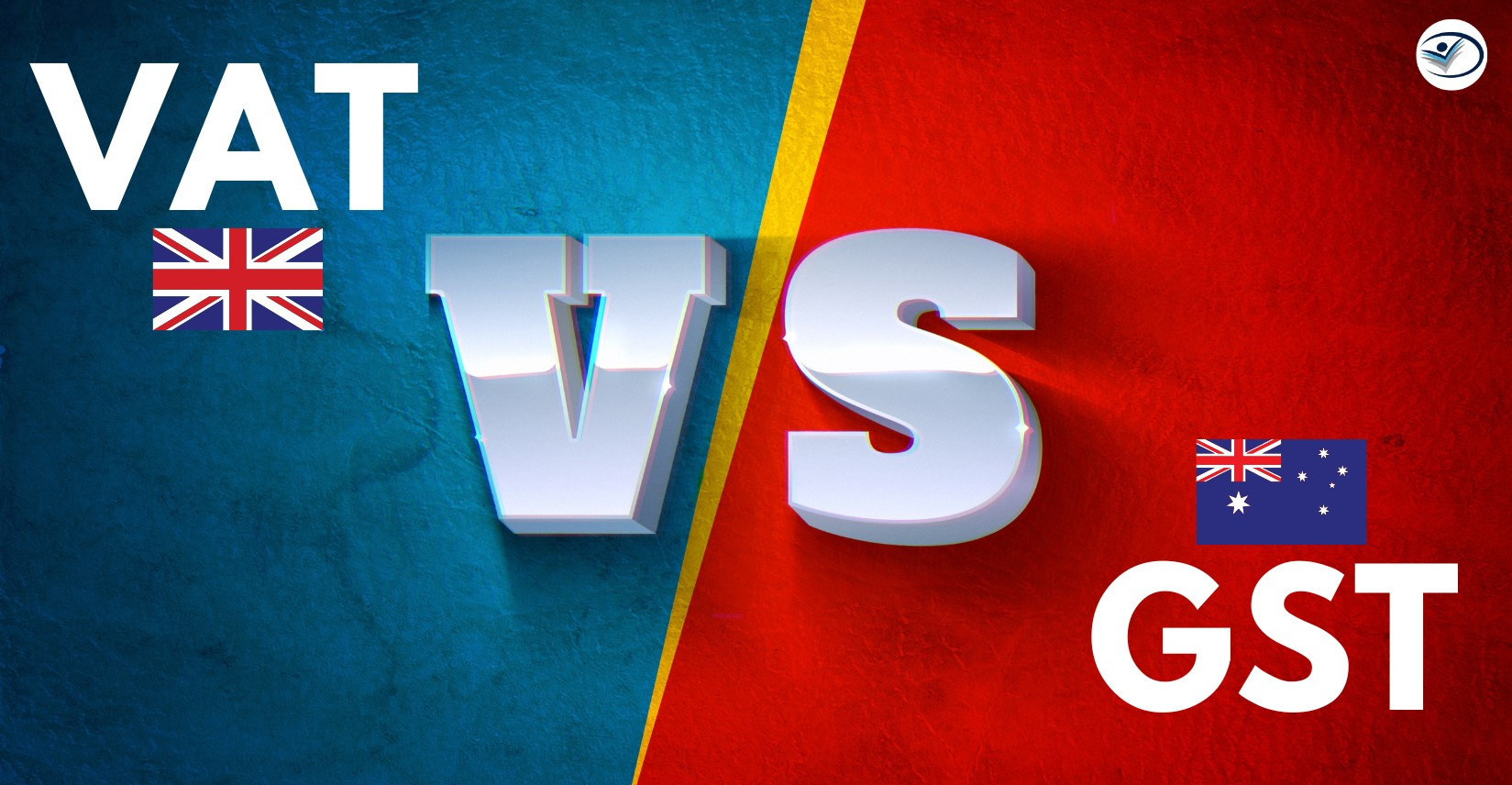By Michael
Burgess, School Business Manager (UK) Thought Leader
The recent proposal to add VAT to school
fees in the UK has sparked significant concern among UK independent school
leaders. It has been reported that a newly formed campaign group, comprising
head teachers, chairs of governors, and bursars from various independent
schools, has urged the UK Treasury to delay the implementation of this tax. The
group, known as the Chairs, Heads, and Bursars group, is also advocating for an
extension of the consultation period, which began on July 29 and is set to
conclude on September 15, to October 25.
The group’s primary concern is the
potential impact of the VAT on both UK independent and state schools. They
argue that introducing the tax in January 2025 could overwhelm state schools,
as some independent schools might struggle to cope with the additional
financial burden and potentially close. This could lead to an influx of
students transferring to state schools, which may not have the capacity to
accommodate them.
Jamie Harle, the bursar of St Piran’s
School in Berkshire, spearheaded the letter to the UK Treasury. The letter has
garnered support from representatives of approximately a dozen schools,
including LVS Ascot, Mount Kelly in Devon, Luckley House in Wokingham, Ewell
Castle School, St Hugh’s School in Woodhall Spa, and Stafford Grammar School.
The campaign group emphasizes that the
sudden imposition of VAT on UK school fees could have far-reaching
consequences. Independent schools, which often operate on tight budgets, may
find it challenging to absorb the additional costs without passing them on to
parents. This could make independent education less accessible to many
families, potentially leading to a decline in student enrolment and financial
instability for these schools.
Moreover, the group highlights the
broader implications for the education sector. If independent schools are
forced to close or reduce their services, the pressure on state schools could
increase significantly. State schools, already facing their own challenges, may
struggle to provide the same level of education and support to a larger student
population.
Australian Schools have GST as their VAT
and it applies to:
Most education
school costs are GST-free.
This includes tuition at pre-schools,
primary and secondary schools, as well as higher education institutions like
universities and Tertiary institutions.
Eligible
Courses:
Courses that are likely to add to
employment-related skills, such as adult and community education (ACE) courses,
can also be GST-free if provided by a recognized provider.
Related Goods
and Services:
Some goods and services related to
education, such as course materials and excursions, are also
GST-free.
Administration fees and any expense that
is not directly related to the student earning an education certificate is
liable for GST. For example, if food is included in an excursion or camp GST is
charged.
Notwithstanding that the UK school
leaders are expressing their concerns as they can see immediate financial
impact. I also consider that they should look further at the Australian School
experience of the process for collecting and accounting for GST.
Complex
Compliance Requirements:
Australian schools must navigate complex
GST compliance requirements. This includes correctly
reporting and remitting GST on various supplies, such as co-curricular
activities, student boarding, and fundraising.
GST Health
Checks:
To ensure compliance and avoid financial
penalties, schools often conduct GST Health Checks. These
reviews help identify and address gaps in GST processes, ensuring that schools
are correctly applying GST rules to their revenue and expense streams.
Specific
Issues:
Schools have encountered specific
issues, such as the incorrect treatment of student laptop lease programs for
GST purposes. Addressing these issues often requires
restructuring programs to avoid GST exposure.
Government
Support and Legislation Changes:
The federal and state governments
periodically review and adjust GST legislation, which can impact schools. Staying updated with these changes is crucial for
maintaining compliance.
All of these require extra financial
commitment to pay staff and external auditors to avoid hefty fines.
While the challenges in Australia
primarily revolve around compliance and correct application of GST rules, there
is a possible potential delayed impact on school operations as the proposed VAT
is introduced with all its regulations and compliance requirements.
It highlights the importance of careful
financial management for the consequences of the now and the potential
consequences of the future.
********************************
Comments:
No comments!
